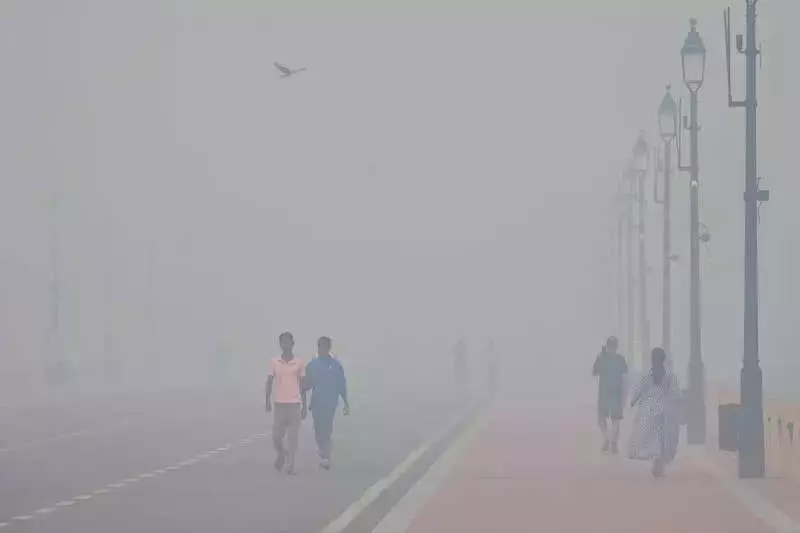
While Gurgaon's official air quality readings might show 'moderate' levels, the reality behind these numbers reveals a concerning gap in the city's pollution monitoring system. Two out of the city's four crucial air quality monitoring stations have been offline for days during the peak pollution season, leaving residents with an incomplete picture of what they're actually breathing.
The Silent Stations
The Central Pollution Control Board's (CPCB) monitoring station at Vikas Sadan and the Haryana State Pollution Control Board's station at Teri Gram have been non-functional, effectively blinding authorities to real-time pollution data from significant parts of the city. This technical failure comes at the worst possible time – during peak pollution season when accurate data is most critical for public health advisories.
What the Working Stations Reveal
The two operational stations at Gwalpahari and Sector 51 continue to record data, but experts warn that relying on just half the monitoring network provides a fragmented view of Gurgaon's actual air quality. Different areas experience varying pollution levels due to local factors like traffic density, construction activity, and industrial emissions.
Public Health Concerns
This data gap poses serious health risks for residents who depend on accurate AQI readings to make daily decisions about outdoor activities, especially for vulnerable groups including children, elderly citizens, and those with respiratory conditions. Without complete data, precautionary measures and health advisories may be based on incomplete information.
Accountability Questions
The prolonged outage raises important questions about maintenance protocols and emergency response systems for critical environmental infrastructure. Residents and environmental activists are demanding faster resolution of technical issues and better transparency about station functionality.
The Bigger Picture
This situation highlights the broader challenges facing India's environmental monitoring infrastructure. As cities grapple with worsening air quality, reliable and comprehensive data collection becomes increasingly vital for effective policy-making and public protection.
Until all stations are restored to full functionality, Gurgaon's residents are essentially flying blind when it comes to understanding the true quality of the air they breathe every day.





